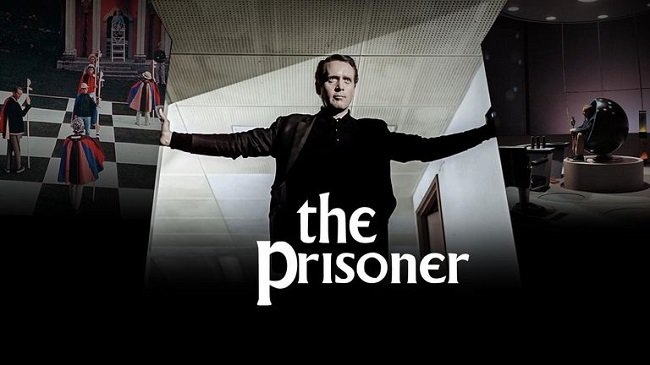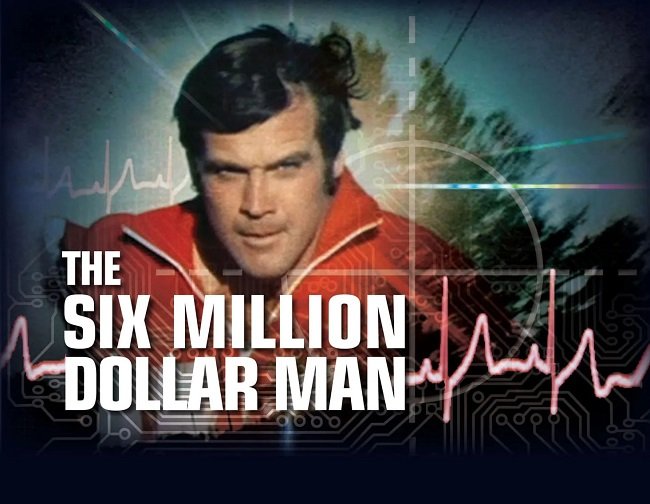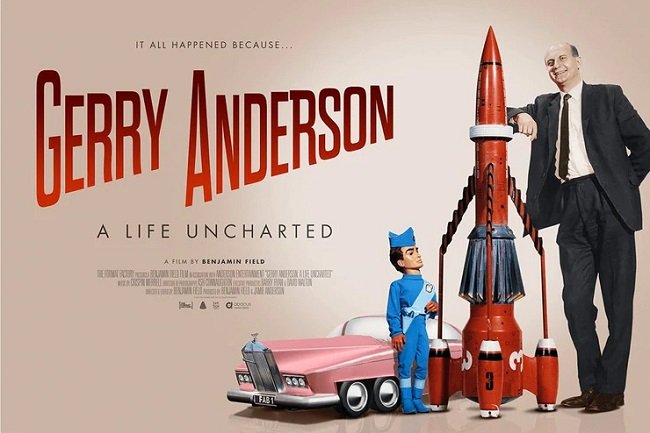Eurovision 2022
The Eurovision Song Contest is a lot of things but it is never dull. Even if the songs that make it through to the final are a little lacklustre, there’s always drama to be found in the scoring. The first round of votes come from national juries made up of professionals from the music industry. Hence there is a propensity to judge songs on their technical and marketing merits. This often means that the juries favour songs that don’t necessarily appeal to the public. However, this is addressed in the second round in which the viewers can vote. The only caveat is that you cannot vote for your own country. Hence things can really change after the professional jury votes are counted and the public votes are added to the overall score. And that is what happened last night. There was a massive public vote for Ukrainian entry Stefania by the Kalush Orchestra and they subsequently won the contest.
This outcome was predicted in advance by the media due to the wave of international support that has been maintained for Ukraine, since the Russian invasion began on 24th February this year. However, setting aside for a moment the sense of solidarity that is abroad, the song itself is an interesting, quirky and catchy mixture of folk and rap. Furthermore, if you watch the official video for Stefania, which has subtitles, it is a powerful statement on the current situation in Ukraine. I think British composer David Arnold summarised best the significance of this win and the relevance of Eurovision itself. Something that has often baffled the UK. “This is why Eurovision is an important cultural event that doesn’t deserve to be sneered at. I’ve been banging on about it for years but it really does have huge meaning for so many people and countries”.
Personally, I found this Eurovision Song Contest a little light on the theatrical performances that are so often associated with the competition. There were too many ballads and manufactured pop songs that have been contrived to follow the style and idiom of the mainstream. However, Norway and Moldova came up trumps and gave us the kitsch pantomime that so many of us love. And it would be remiss of me to not mention the menacing psycho-drama that was Serbia’s entry. But for me the biggest surprise of the night was how well Sam Ryder did for the UK. Considering last year the UK scored absolutely nothing, this was a most welcome change. The song Space Man is a solid earworm that channels Queen, Elton John and The Beatles. Overall this year’s Eurovision Song Contest was a solid evening’s entertainment. As ever, I enjoyed completing my score sheet at home and hanging out on Twitter, soaking up the communal aspect of this annual event.




























